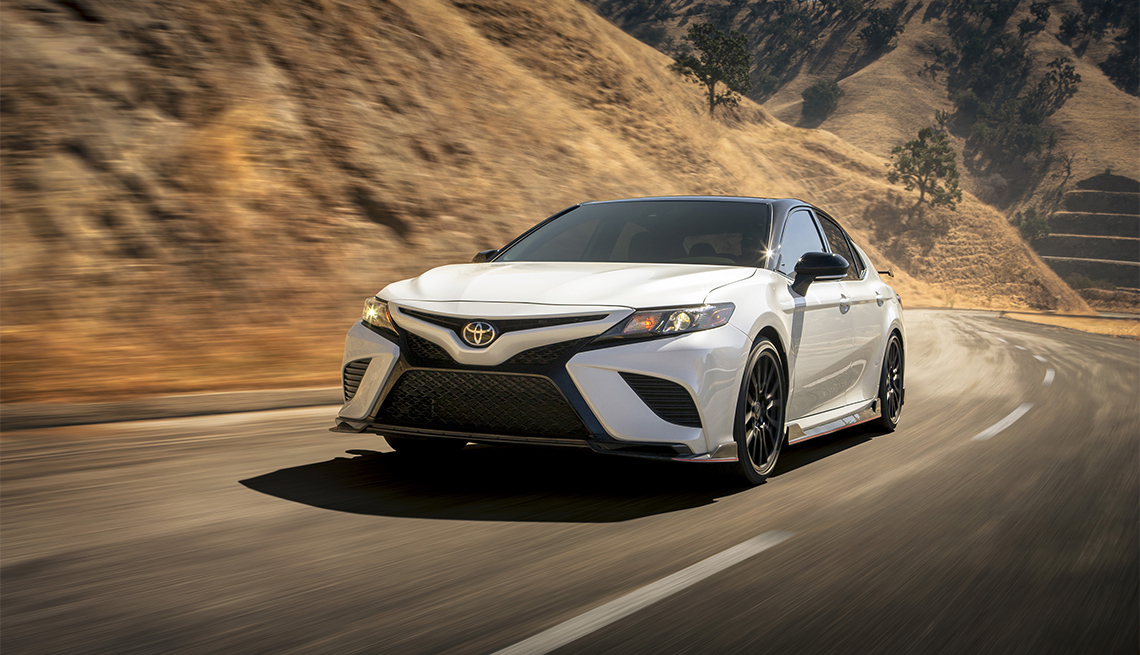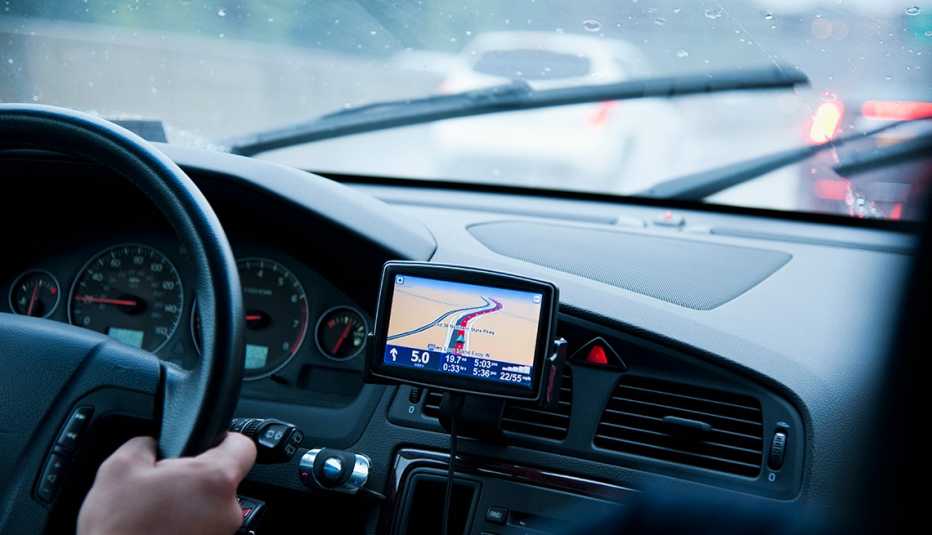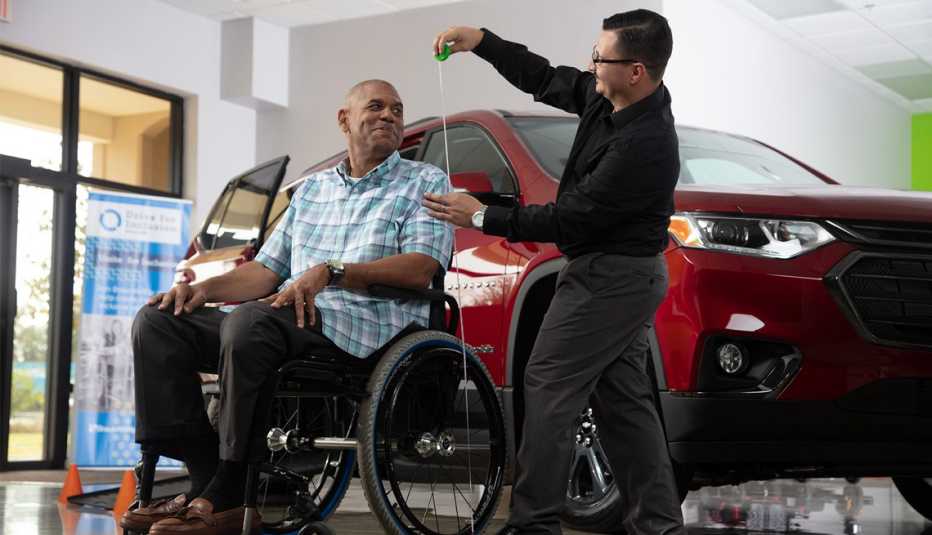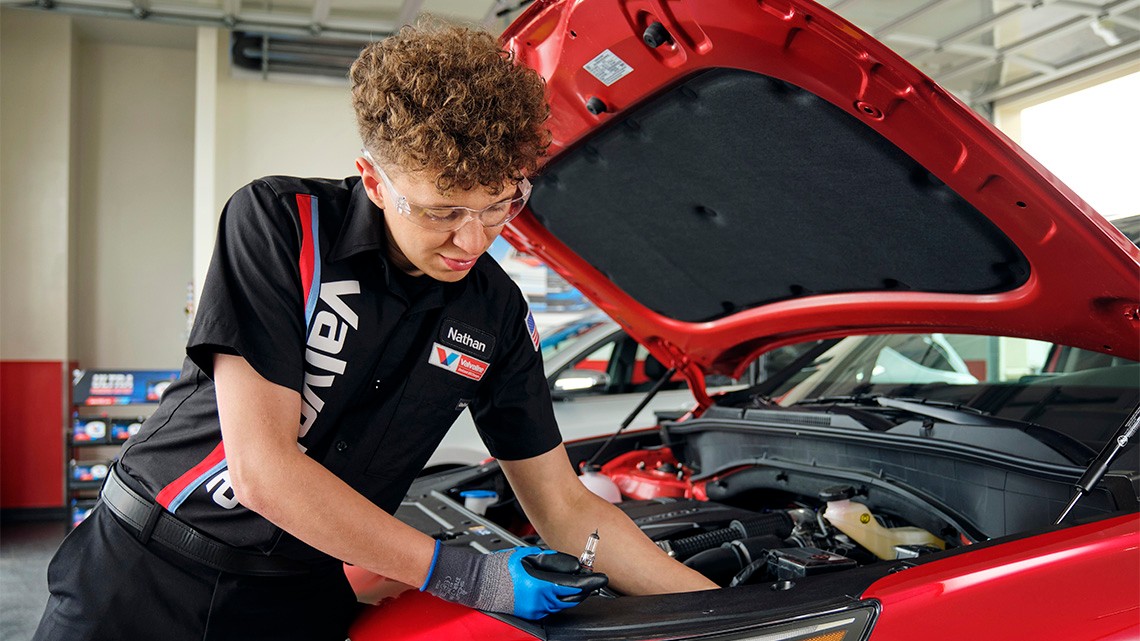Staying Fit
Toyota Motor Corp. is introducing an emergency safety system that will ignore the accelerator when it determines that the gas pedal has been pressed accidentally, the automaker announced earlier this week.
The smart system, which the company is calling an Acceleration Suppression Function, is built on a massive database of information collected from cars that can communicate with servers via the internet and will help identify abnormal operation of the accelerator, a problem that the Japanese government has identified as of particular concern to older drivers. The auto giant plans to install the feature that slows a vehicle in new cars and introduce a retrofit accelerator control system that will include the feature for use with certain existing cars beginning gradually this summer in Japan, according to a news release.


AARP Membership— $12 for your first year when you sign up for Automatic Renewal
Get instant access to members-only products and hundreds of discounts, a free second membership, and a subscription to AARP the Magazine.
"I don't think anyone has tried something along these lines,” says Jake Fisher, senior director of auto testing at Consumer Reports, in a statement published online. “We're intrigued. This is something we'd like to experience to see if it does what it's intended to do."
U.S. availability uncertain
Toyota has not announced when the system will be available outside Japan, but unintended accelerator accidents are also a concern in the United States. In 2012 the National Highway Traffic Safety Administration (NHTSA) issued a report that linked seven to 15 crashes a month to drivers pressing the wrong pedal.
People ages 70 to 74 were at twice the risk of being involved in such accidents, according to the agency. And starting at age 65, the percentage of drivers involved in these pedal-application accidents were higher than their percentage among all drivers.
In Japan, drivers 75 and older caused about 11 percent of fatal accidents that involved unintended acceleration during the first half of 2019, according to Japan's National Police Agency.






































































